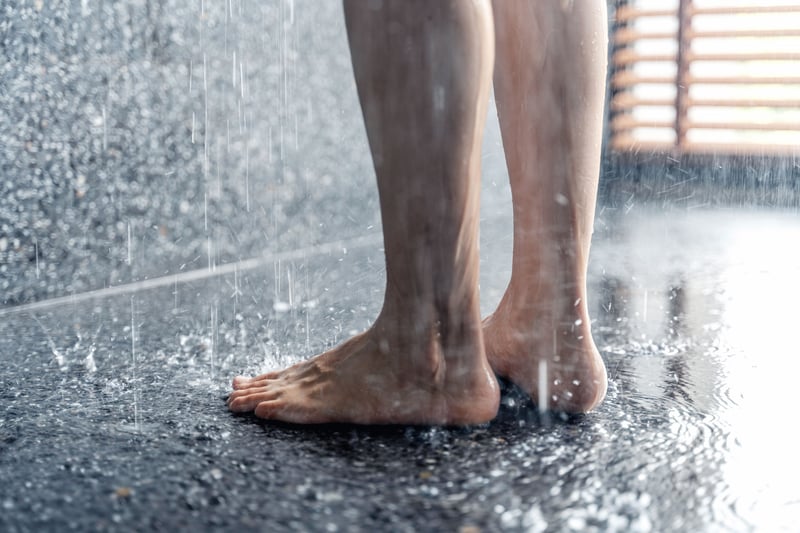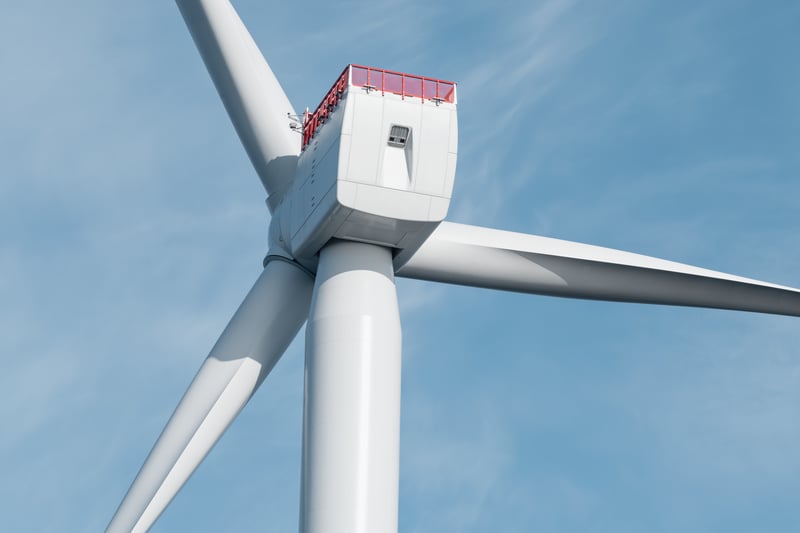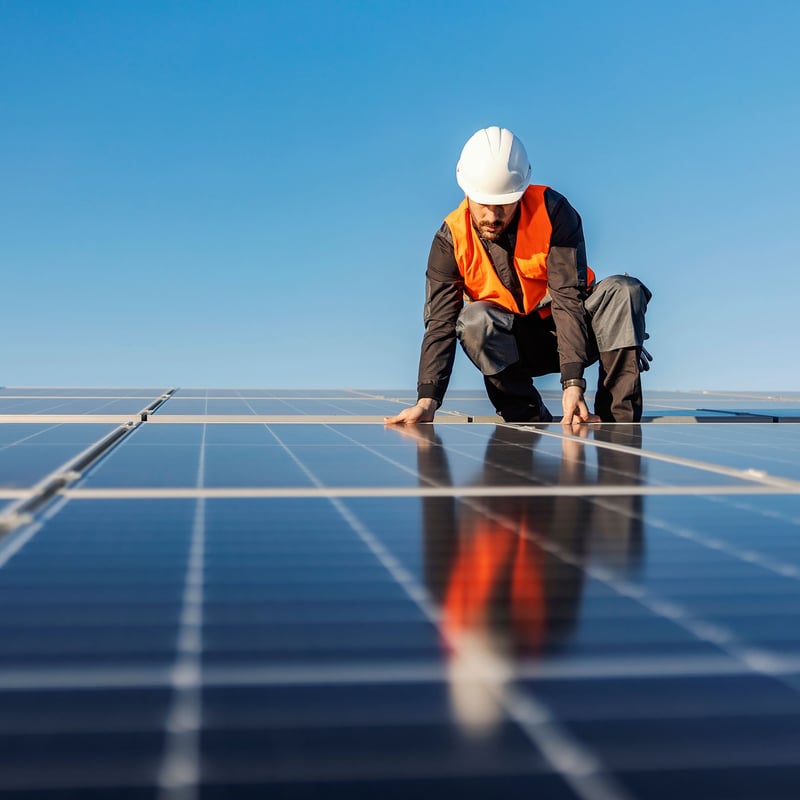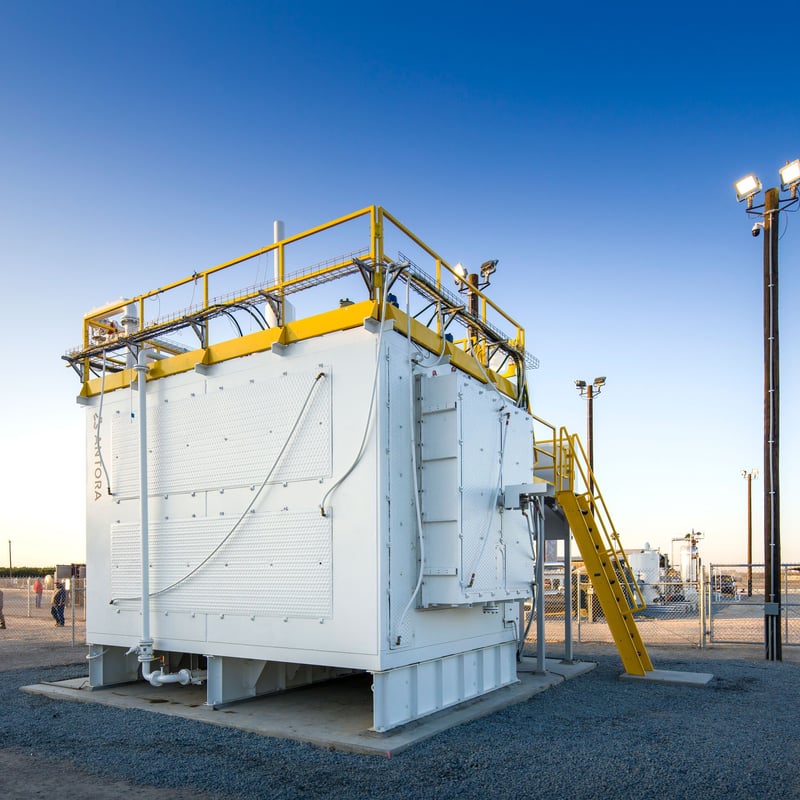THE EDIT
Issue #9, Circularity, December 2023

“I don’t understand why you wouldn’t attempt to recycle the various raw materials contained in batteries,” says Leá Rouquette, a PhD student at Chalmers University of Technology in Sweden. Photo: Anna-Lena Lundqvist
Reuse or recycle batteries? Why researchers disagree
What to know: As the battery revolution charges ahead, the spotlight is on a critical question: recycle or reuse? Meet researchers Leá Rouquette, whose innovative use of oxalic acid promises to release 99 per cent of lithium and aluminium, and Balkumar Balasingam who envisions electric vehicle batteries finding new life in everything from scooters to power grids.
Why it matters: With the electric vehicle wave surging, responsibly managing battery waste is key. Recycling safeguards the supply of vital materials and boosts Europe's autonomy, while reuse extends battery life. Is one approach more efficient than the other? And do we even have to choose?

How to use your sewage to heat your home
Much of the heat energy we produce is literally flushed down the drain. But your and your neighbours' wastewater could be used again – to heat your home or your morning shower. Discover how

By tracing where the plastic waste comes from, the goal with the Fossil Eye is to make it more profitable to recycle plastic. Photo: Tekniska Verken
Digital eye set to ensure more plastic is recycled
Plastics in household waste are a large, costly, and unnecessary source of fossil carbon dioxide emissions. How can the introduction of the Fossil Eye, a new camera technology capable of identifying plastics in rubbish, inspire people to choose recycling over disposal?
Pioneering the path to less landfill

Despite producing double the amount of household waste compared to countries like Poland and Romania, Denmark maintains an impressively low landfilling rate of just 1 per cent, significantly below the EU average of 18 per cent. The EU aims to further reduce landfill rates to 10 per cent or less by 2035, promoting recycling and reuse instead. (europarl.europa.eu).
Vattenfall leaps forward with recyclable turbine blades

The Hollandse Kust Zuid offshore wind farm in the Netherlands is using a new type of turbine blades that can be recycled, a significant step towards Vattenfall’s mission to recycle all wind turbine blades by 2030.
News flash
3 x quick updates from the energy world

Ride the fossil free wave
Producing wave power with salt-resistant materials that are also fossil-free has been difficult to this day. Now a new wave-power plant is being built using fossil-free steel from SSAB, by Swedish company Corpower ocean.
(renewablesnow.com)

Closing the solar-power gap
The surge in solar power has primarily impacted upper- and middle-income communities in the US. However, efforts are now underway as foundations work to install solar panels on the roofs in lower-income areas.
(canarymedia.com)

Bring the heat batteries
About 20 per cent of the world's energy demand comes from producing industrial heat for the manufacture of items like cement and glass, often using fossil fuels. Thermal batteries, also known as heat batteries, offer a possible, more climate friendly alternative.
(technologyreview.com)
And finally …
Billie Eilish ditches diesel
Chart-topping musical artist Billie Eilish has claimed the top spot on Time Magazine's list of the Most Influential Climate Leaders in Business this year (a list that also includes Vattenfall’s CEO, Anna Borg). One of the reasons for this is her adoption of sustainable energy technology, such as using solar-charged batteries instead of diesel generators to power stages at the music festival Lollapalooza. "The music industry must embrace solutions like this immediately" Eilish tells timemagazine.com.
